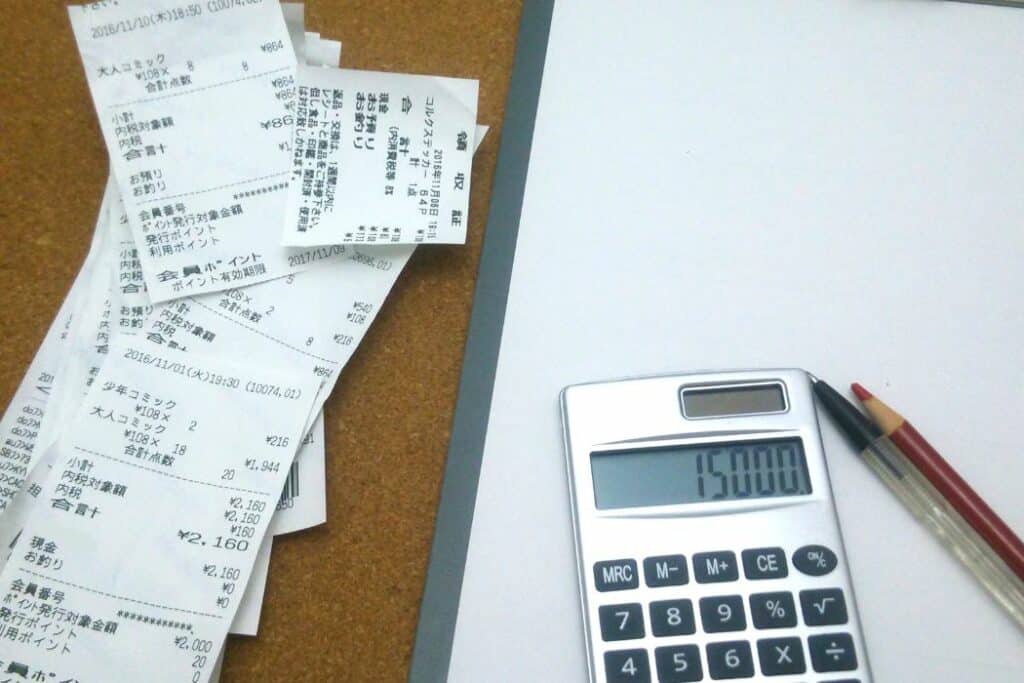Kilometric allowances, VAT recovery on invoices made out in the company’s name, benefits in kind… Managing expense claims is a real headache for companies, caught between the desire to do things right and the risk of an Ursaff inspection.
No more nightmares, we’ll give you an overview of the situation and remind you of the main rules:
When and how to make an expense claim?
First and foremost, it’s important to remember that business expenses must be incurred, as the name suggests, in the course of the company’s business. Expenses not justified by the company’s interests cannot be included in an expense report.
Similarly, all costs incurred must be supported by an invoice (with a few exceptions, the best-known of which is the mileage scale for travel) and in proportion to actual needs.

Repayment terms and conditions
Business expenses can be reimbursed in two ways:
Reimbursement of actual expenses
This is the most common choice, and above all the only one available to company directors and managers. In this case, all expenses must be supported by an invoice, and reimbursed to the nearest euro cent.
This category also includes the famous mileage allowance, when the employee uses a private vehicle in the course of his or her duties. Here too, all travel must be justified, and reimbursed to the penny.
This allowance depends not only on the vehicle’s horsepower, but also on its type (passenger car, two-wheeler, utility vehicle) and the annual distance travelled. All this information can be found in the Ursaff scale of mileage allowances.
Flat-rate reimbursement of expenses
Business expenses are reimbursed up to a fixed amount set by the employer, irrespective of actual expenses incurred. This could be the case, for example, for accommodation or transport expenses. Sales staff, for example, can benefit from a fixed monthly reimbursement for their travel expenses.
Expense claims and tax deductions
Justified business expenses fall into the category of expense reports and are therefore :
- Not subject to income tax.
- Not subject to social security contributions.
- Deductible from the company’s income.
Ursaff rules for expense claims
⚠️ When reimbursements exceed the thresholds set by the Ursaff, they are considered as benefits in kind and subject to normal taxation.
Beware, as this is one of the most frequent anomalies during Ursaff checks.
VAT on expense claims
As expenses incurred in the course of business, VAT on expense claims is recoverable. However, the formalism of invoices must obviously be respected:
- Invoice made out in the company’s name, not that of the employee or manager.
- Clear indication of VAT amount
- VAT payable by supplier
In addition, the usual rules governing VAT deductibility and recovery apply. For example, VAT on fuel is subject to special rules, while mileage allowances and air or rail travel are not subject to VAT.
Urssaf audit and expense claims: mistakes to avoid

Every entrepreneur’s biggest fear: making a mistake that could lead to an adjustment in the event of an Urssaf inspection. To avoid problems, pay close attention to the points most frequently raised during URSAFF checks:
- No receipts: without an invoice, no reimbursement of business expenses possible
- Exceeding the thresholds: in this case, reimbursements must be considered as a benefit in kind, subject to different taxation.
- Non-business expenses: expense reports are only used for expenses incurred in the course of the company’s business.
- Lump-sum reimbursement for company directors: please note that company directors can only opt for reimbursement of actual expenses.
- Duplicate expenses: between carelessness and fraudulent activity, double reimbursement (same invoice reimbursed twice) can result in heavy penalties.
The last word
While the principle of expense claims is simple and universally understood, their administrative and accounting management can be complicated and lead to numerous errors. In the event of an Ursaff inspection, this can have serious consequences for employees, managers and the company itself.
To avoid the penalties associated with misinterpretation or carelessness, we strongly recommend that you call on professionals who can analyze your situation in detail and advise you on the best practices to follow.
😉 If you haven’t already done so, consider opting for an expense report scanning system to save time and avoid losing receipts.
📞 Would you like some advice on how to better manage your expense reports? Contact the Altermès teams!
👆 Would you like to find out more about our digital accounting services for small businesses and start-ups?











